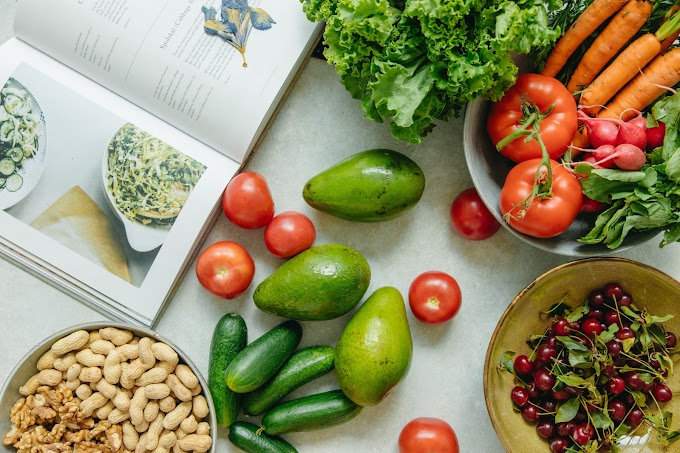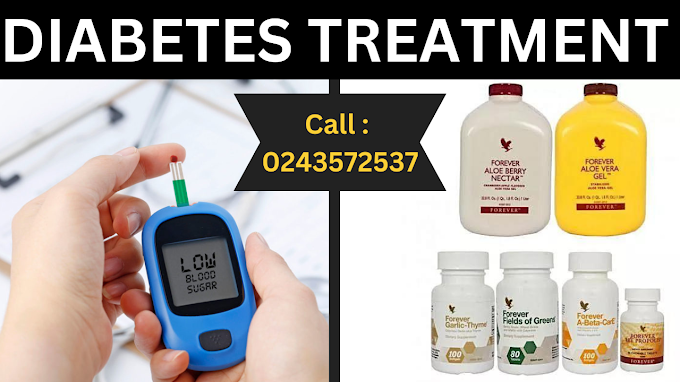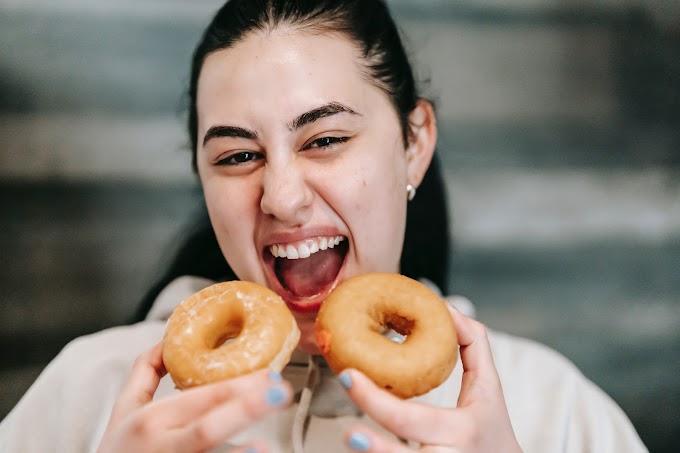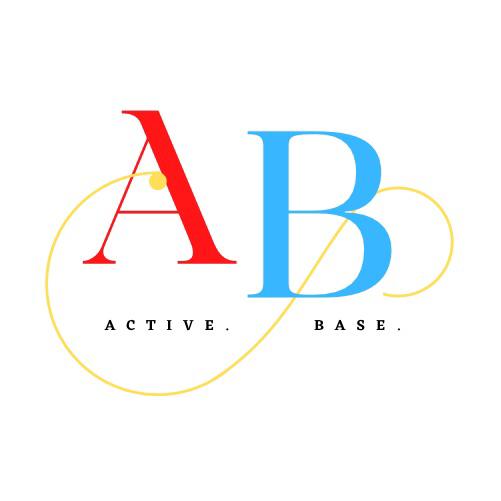What Impact Does Food have on Blood Pressure?
Blood is diverted to the digestive tract when someone eats to help with digestion. Other parts of the body experience a brief drop in blood pressure as a result.
In order to make up for this, blood vessels outside of the digestive system close, which makes the heart beat more quickly and vigorously. This supports the body's overall healthy blood pressure.
After eating, some people's blood pressure drops steadily. When blood vessels outside of the digestive system do not contract, this occurs. Postprandial hypertension, or low blood pressure after eating, is the medical term for this syndrome.
Postprandial hypertension is more likely to occur in people with high blood pressure.
Postprandial hypertension may result in issues like:
fainting\falling\nausea
dizziness
light-hardheadedness
visual alterations
Chest pain, or angina
A reduction in blood pressure can also result from prolonged fasting. Additionally, it can make someone more vulnerable to dietary shortages and electrolyte abnormalities.
A person's blood pressure may also rise after consuming specific foods, with foods high in saturated fats posing a longer-term risk while foods high in salt may produce a brief increase.
Unpleasant foods
Foods that include salt or saturated fat that could further raise blood pressure should be avoided by those who have prehypertension or hypertension;
Salt
The majority of prepared meals and processed foods have significant sodium or salt content. Sodium makes the body retain more water than it needs to, which raises blood pressure.
Those with prehypertension or hypertension should make an effort to reduce their sodium consumption. Foods that tend to be high in sodium should be avoided include:
quick meals
soups, veggies, and meats in cans
fried potatoes
sauces and marinades
Saturated lipid
An excessively saturated-fat diet also raises the risk of hypertension. Saturated fat raises blood levels of low-density lipoprotein (LDL), or "bad," cholesterol, according to the American Heart Association (AHA)Trusted Source.
A buildup of fatty deposits termed plaques in the arteries is caused by high levels of LDL cholesterol.
The arteries are made less wide by plaques, which restricts blood flow. In order to make up for this, the heart pumps blood more vigorously, raising blood pressure.
Saturated fat-rich foods include, for instance:
fried dishes made with fatty red meat, fowl, and skin.
butter, cheese, and other dairy items
coconut, palm kernel, and other tropical oils
Good Choice Food
The following nutrients may assist in lowering a person's blood pressure, per a 2013 review Trusted Source of studies into dietary interventions:
Protein: Consuming more protein may result in greater blood levels of amino acids. Certain amino acids have an impact on metabolic procedures that can lower blood pressure.
Fiber: Fiber aids in lowering blood levels of LDL cholesterol.
Potassium: Potassium aids in the body's excess salt removal by the kidneys.
Magnesium: Magnesium lessens blood vessel constriction.
The Dietary Approaches to Stop Hypertension (DASH) diet may also be advantageous for those with hypertension. This entails consuming the nutrients that are good for your heart:
both fruits and veggies
whole grains
nuts, beans, and vegetable oils
dairy items with reduced fat or no fat
fish\poultry
People who follow the DASH diet should limit or completely avoid items that are high in sugar or saturated fat.
The 2013 review Trusted Source's writers came to the conclusion that the DASH diet considerably lowers blood pressure in those who have hypertension. They also discovered that those who follow the diet can anticipate consistent outcomes.









.png)
.png)




Our Eating Habits need a to be controlled effectively to enhance a smooth blood flow in our body system
ReplyDelete